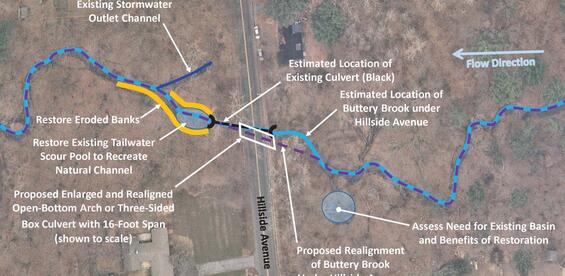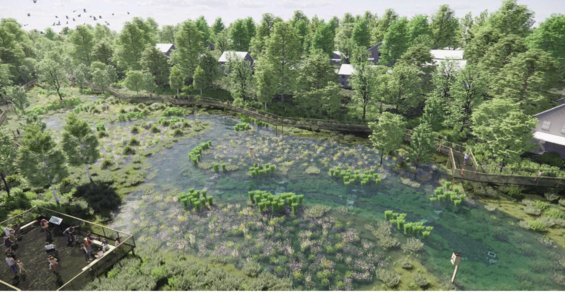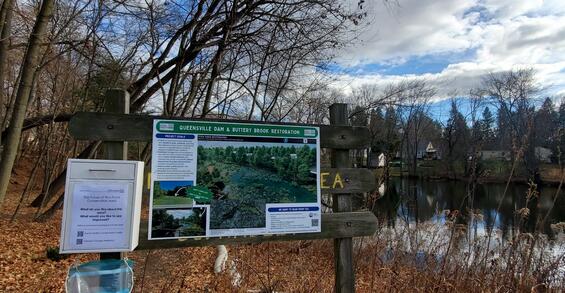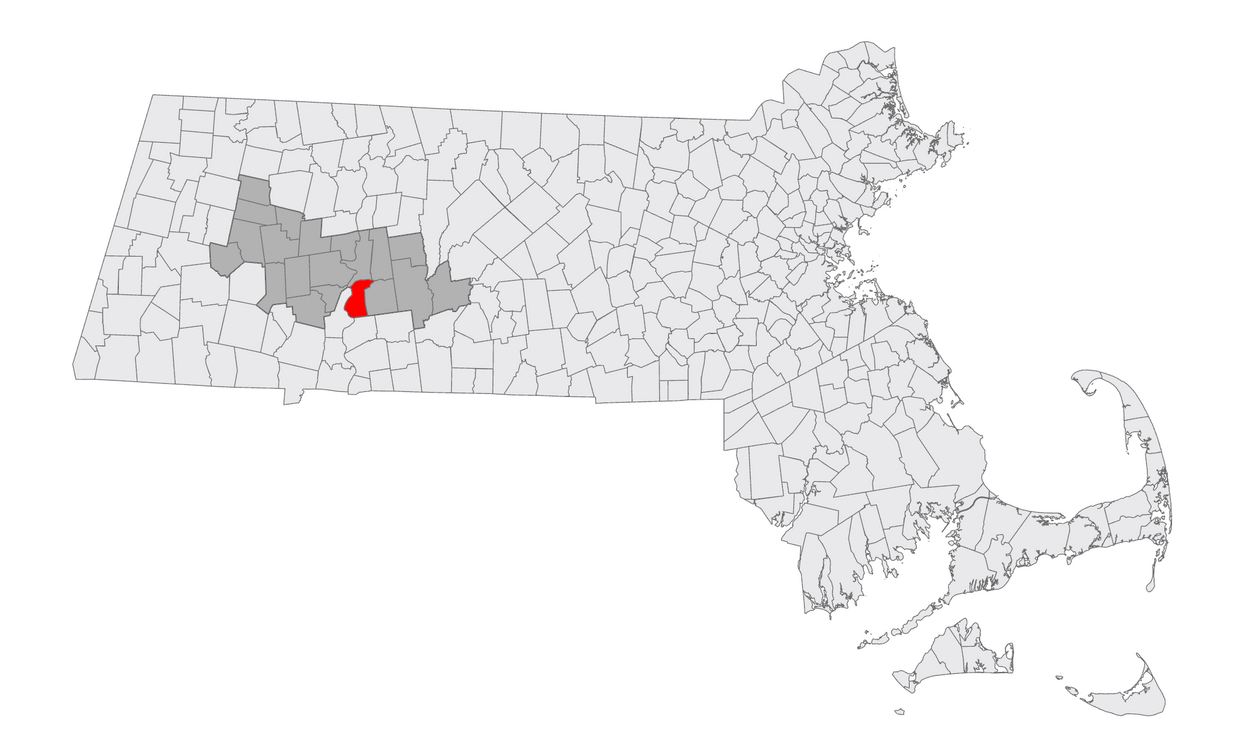South Hadley Overview
South Hadley is a town in Middlesex County, Massachusetts, in the upper Northeastern part of the state. They have a population of 17,995 people and an area of 17.7 square miles. Climate hazards present in Sudbury include inland flooding, severe winter storms, drought, and other severe weather.
South Hadley Community Resilience Priorities
Community resilience priorities are practical actions created during the MVP 2.0 Planning Grant process. They were shaped through community input, thoughtful discussion about changing local needs, and feedback from Environmental Justice groups and other community members.
South Hadley, in partnership with their Core Team, identified the following priorities through the MVP 2.0 process.
| Priorities | Potential Actions | |
|---|---|---|
| Priority 1: Housing costs are a burden, not to mention utilities, food, etc. that are also connected to the overall price of staying safe and housed. A small group of respondents noted the conditions of housing and the need to ensure options are safe, up to code, and accessible. | Potential Actions: Developing ways to make housing more affordable, especially for those with limited incomes. | |
| Priority 2: Extreme Heat - Concerns about the ongoing impacts of extreme heat and the need for cooling options especially for residents with limited income. South Hadley has cooling centers but they’re only open during ‘normal’ business hours and to shift that would require union negotiations. Residents lifted up that the evenings, past 5-6 pm, can often remain quite hot. | Potential Actions: Broadening the range of cooling options and ensure infrastructure is there for the inevitable uptick in extreme heat days. Ensure folks without consistent transportation and residents with limited income are considered in any plans. | |
| Priority 3: Communication Needs - Need for multiple pathways to address a variety of opportunities for improvement. Town to resident: Town can effectively get information out to all residents, even without power. Resident to town: in case of emergency, or even under ‘normal’ circumstances, residents are able to communicate to the appropriate bodies if/when they need something. Resident to resident: opportunities to build community. Especially helpful in case of emergency so if one neighbor doesn’t hear about an evacuation route, for example, their neighbors can share the necessary information with them. | Potential Actions: Develop a way to message what opportunities are available related to clean energy and green initiatives. A central location from a trusted source is needed. Additionally, if residents build skills to search for information using the Town website, that capacity building would help them related to most other topics of future interest. | |
South Hadley MVP 2.0 Seed Project: Establish an Affordable Housing Trust
South Hadley received funding to implement a Seed Project that addresses one or more of their climate resilience priorities.
South Hadley will develop and submit a new housing trust bylaw.
The activities of this project include:
- Develop and submit a housing trust bylaw to the Attorney General.
- Establish a Board of Trustees.
- Record a Declaration of Trust.
- Establish annual reporting and public communications plan.
- Identify housing priorities
South Hadley's Action Grant Projects
The MVP Action Grant provides funding to communities that want to take important steps to prepare for climate change, such as dealing with extreme weather, flooding, rising sea levels, and extreme heat.
Climate Resilient South Hadley (FY21)
The project included developing components of a climate resilient transportation asset management plan; implementing a tree planting campaign to expand tree cover within the community; and completing a regulatory review and update of the Town’s Stormwater Management Bylaw to ensure the best available climate change data is utilized in design of permitted systems and to ensure nature based solutions/green infrastructure systems are adequately supported through the local regulatory review process.

Queensville Dam Removal Feasibility Study and Buttery Brook Watershed Enhancement (FY22)
This Action Grant funded a feasibility study for removal of Queensville Dam, located at Titus Pond on Route 116/Newton Street; restoration and ecological enhancement of the Titus Pond impoundment to increase flood storage capacity and habitat function; and downstream watershed improvements along Buttery Brook.

Queensville Dam and Buttery Brook Restoration (FY23)
This project continued the concept design development completed under the first (FY22) planning and assessment phase to pursue design and implementation projects along Buttery Brook. The preferred alternative from the FY22 study were advanced through design and permitting, with the primary goals of 1) eliminating jurisdictional status and hazard threat associated with the Queensville Dam by reducing the impounded area below jurisdictional thresholds, 2) addressing water quality issues in the existing impoundment, 3) creating a wetland restoration area and improved conservation area for the benefit of local residents and stormwater management and flood resilience.

Pearl Street/Elmer Brook Culvert Replacement (FY25)
The project will complete construction to replace an existing undersized 6-foot diameter corrugated metal pipe that severely constricts Elmer Brook's bankfull width and has a cascade/free fall condition at the outlet with a 16-foot span open-bottom structure. Once constructed, the project will meet the MA Stream Crossing Standards for significantly improved aquatic connectivity on a coldwater stream, improve alignment of the crossing to the stream channel to alleviate geomorphic risks of blockage/failure, and restore a natural channel geometry and streambanks through the existing scour pool.



